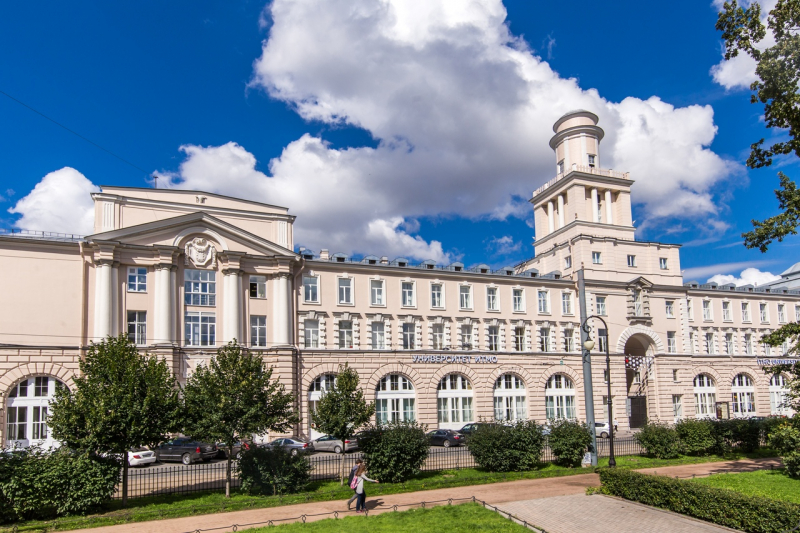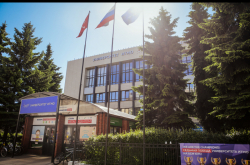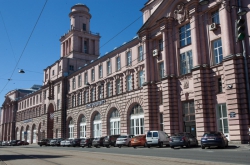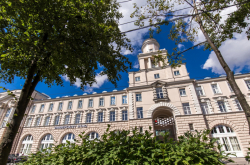Last year’s debut THE Impact Rankings only included 11 goals; this year, universities were assessed based on all 17. The ranking is based on data provided by participating universities and bibliometric data provided by the publishing company Elsevier.
In the 2019 ranking, ITMO University was included only in two categories: industry, innovation and infrastructure (SDG 9) and sustainable cities and communities (SDG 11), in which it entered the global top 100 and top 200, respectively. This year, the university also submitted information relating to SDG 1 No Poverty and SDG 17 Partnerships for the Goals, thus making ITMO eligible for the global general ranking. As a result, the university was included among the top 400. The overall ranking includes 767 universities, which is 300 more than last year.
The category industry, innovation and infrastructure (SDG 9) assesses universities’ research income from R&D, their number of registered patents, and the number of spin-off companies. This year, ITMO was placed in the 101-200 range of the goal ranking.
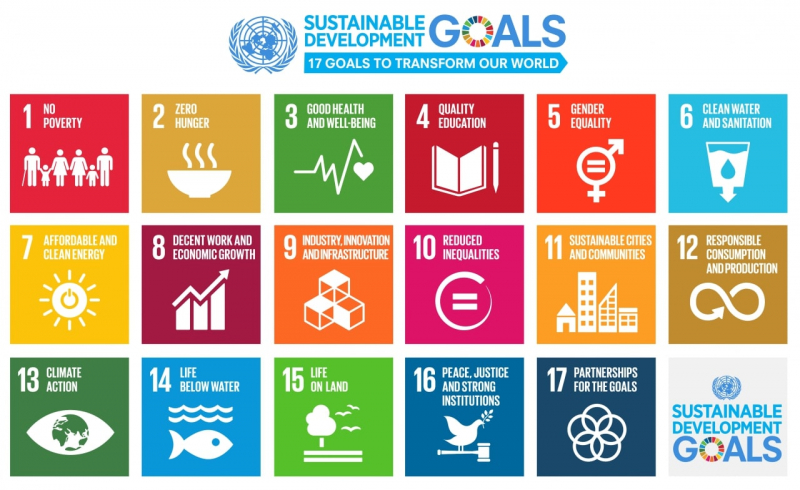
In the category sustainable cities and communities (SDG 11), ITMO University rose from the 101-200 range to the 96th place, thus entering the global top 100. This category takes into account various criteria for development, transparency, and accessibility of a university’s infrastructure to third parties: its support of sustainable practices, support of and expenditure on arts and heritage, and more.
“At first glance, the ranking might seem too “global” and therefore distant from the real needs of prospective students and their parents who evaluate universities based on, for instance, entrance requirements, the number of English-language Master’s programs, the share of international staff, or the opportunity to do research early on. Indeed, this ranking, unlike others, exists more to present a challenge to universities and to pose before them global questions that their administrations may not have considered before. But on the other hand, a university’s ability to respond to these challenges (which the ranking reflects) and contribute to society is exactly what proves its global relevance and competitive ability – a “seal of quality” of sorts,” says Ilya Kuftiryov, the head of ITMO University’s Rankings Research Center. “As we’ve planned, ITMO University is expanding its presence in the ranking and we hope that next year we’ll debut in several other UN SDGs, as well as improve our standing in the ones we’ve already tackled.”
This year marks the first time ITMO University submitted its contribution to SDG 1 No Poverty, placing in the 101-200 range out of 372 universities. Its top criterion in this category is “Community anti-poverty programmes”, which assesses universities’ contribution to programs on the local, regional, national and/or global level. The ranking also takes into account the number of low-income students who receive financial support; admission of students from low-income families and their financial support; availability of programs enabling poor students to complete their studies; and assistance in the creation of sustainable businesses in the local community (mentorship programs, workshops, access to university facilities).
Creators of the ranking consider SDG 17 Partnerships for the Goals the most important, and it is therefore the only compulsory SDG for inclusion in the overall rankings. The category includes four criteria: research on the SDGs; collaboration with state or public organisations domestic and international; publications on the universities’ contributions to the SDGs; and education on the SDGs. In this goal ranking, ITMO University was placed in the 401-600 range among 806 universities.
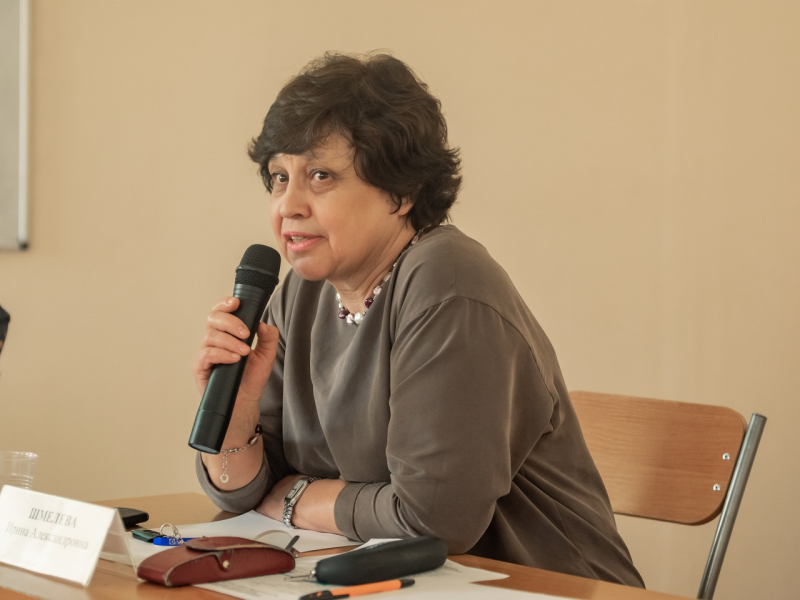
“Being rated highly on the contribution to UN Sustainable Development Goals is very prestigious, but it must also be seen as a reason for the university, its students, academic staff, and administration members to be involved in the process,” says Irina Shmeleva, associate professor at the Institute of Design and Urban Studies, head of the Sustainable Urban Development Laboratory , and expert of the United Nations Development Programme. “Many universities around the world participate in sustainable development alliances, help each other out, and share their best initiatives and practices. ITMO University has already implemented a number of educational programs and courses on sustainable development over the years; in 2020, the Institute of Design and Urban Studies’ Master’s program Urban Science will introduce a new specialization, “Sustainable Development of Cities and Communities”, the students of which will, in addition to sustainable urban development, learn about climate change, environmental economics, closed-cycle economics, ecosystem services, and sustainable development management. This will allow ITMO University to boost its contribution to the important goal of education on the SDGs.”
The full THE Impact Rankings 2020 can be found here.
